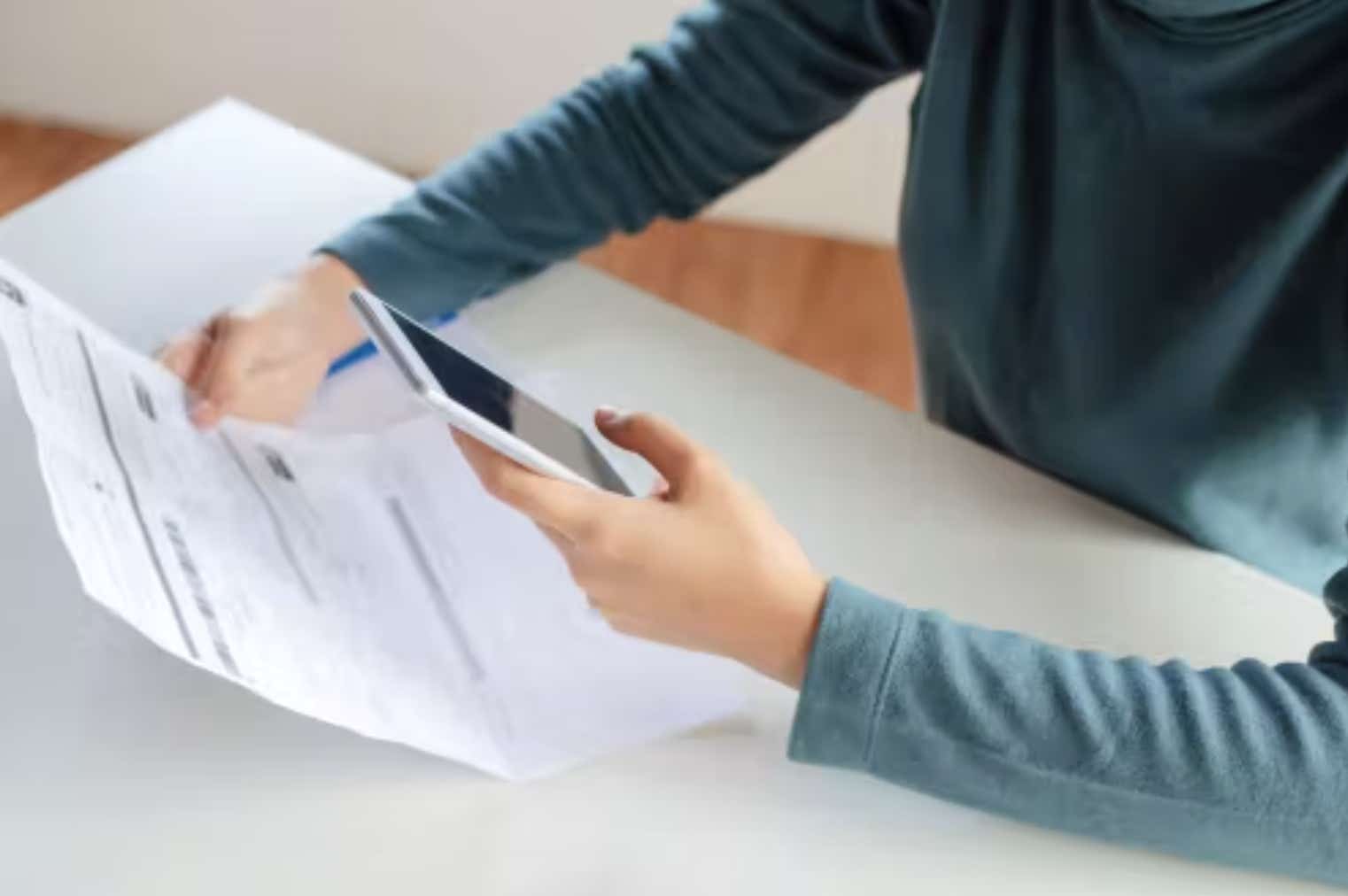What is the Don’t Pay campaign?
The campaign is aiming for a million people to cancel their direct debits from October (if energy bills have not already been reduced) in a bid to force the government and energy suppliers to the negotiating table. The idea is that energy suppliers would risk going bust if they don’t receive these direct debits because they wouldn’t be able to pay the wholesale suppliers.
It also assumes that the logistics of energy companies contacting thousands of non-payers and progressing with measures like installing prepayment meters or progressing with disconnection would be too challenging for them to undertake.
What are the risks of not paying your energy bill?
The risks of not paying any utilities bill are significant, but for energy bills specifically, non-payment could mean any or all of the following:
Entering into debt, which would impact your credit rating and have long-lasting consequences in all your future financial choices
Energy suppliers passing your debt on to debt collectors
Potentially having to accept a prepayment meter which requires you to pay for your energy before you use it - this is more expensive than being on a credit meter
In very rare cases, having your gas and electricity completely cut off.
What should you do if you can’t afford to pay?
The best thing to do is contact your supplier as soon as possible and agree on a payment plan. There may also be energy help schemes and grants available to help in the short and long term.
Could energy companies go bust if the campaign goes ahead?
It is possible that energy companies could go bust if their ability to pay wholesale suppliers is affected by customers refusing to pay their energy bills. However, this would risk prolonging the energy crisis and keeping costs higher for even longer.

